Sleep and Successful Business
207,000 working days are lost in the UK every year to insufficient sleep. The annual cost of lost sleep to the UK stands at around £50bn (1).
More than 40% of professionals report they often lose sleep because they can't get their job off their minds, and this figure rises to 60% amongst millennials. A major contributing factor is our 'always on’ culture, with 35% of UK workers admitting to checking their phone for work purposes immediately before sleep and as soon as they wake, inhibiting good sleep. (2)
And yet sleep is the cornerstone of positive wellbeing. The damaging effects of too little sleep are well documented; from an increased risk of physical health conditions including high blood pressure, heart disease and diabetes, to the strain on our mental health.
Why sleep is a boardroom issue
When it comes to the workplace, clearly sleep deprived employees do not make for happy and engaged employees. Only 36% of UK employees rate their sleep as ‘good’, and on average we are only getting 5.91 hours of sleep per night – down from 6.11 in 2022 and 6.19 in 2021 (3).
37% said they were less productive after a poor night’s sleep. It also negatively impacts mental health, especially in women. 55% said poor sleep had a negative impact on their emotional wellbeing, compared to just 41% of men (3).
When we are sleep deprived, concentration is impaired, we are more likely to demonstrate greater risk-taking behaviours, communication is decreased, performance deteriorates and sickness increases (4).
Employers also have a legal duty to manage risks from fatigue and sleep deprivation, irrespective of any of their workers’ willingness to work extra hours or preference for certain shift patterns.
How can employers support good sleep?
There are many reasons why people experience poor sleep, and this changes throughout our lifetime.
Equipping employees with practical tools and insights to improve sleep can be invaluable, including breathing techniques, wind down rituals and how to manage energy throughout the day.
It’s also crucial to look inwards within the organisation to assess whether the demands of the job or the level of support or clarity an employee is receiving are contributing to excess stress and worry and impacting on sleep.
There are of course also some simple measures you can put in place within the office environment to support better sleep, such as encouraging breaks, ensuring exposure to natural light, promoting walking meetings, creating break-out spaces for rest and relaxation, and encouraging employees to take holidays.
Sleep Workshops
Our sleep workshops equip employees with practical tools and insights to improve sleep.
Science of Sleep
In this workshop, delivered by a medical doctor and leading sleep expert, we offer a guide for all who are interested in achieving better quality sleep. We explore the science of sleep, why we need it and crucially share the knowledge, skills and strategies to achieve better sleep quality.
Non-Sleep Deep Rest
Non-Sleep Deep Rest, or NSDR, is a practice that guides the brain and body into a deeply restorative state without requiring sleep. Unlike traditional meditation, NSDR techniques induce the brain into states similar to slow-wave sleep, leading to profound restoration and cognitive benefits.
Rest to Reset
This workshop explains why we need restful downtime to heal and restore the mind and body, to recharge, to create space for reflection, for time to digest and process physically and emotionally - and crucially shares practical strategies to get better at doing this.
Enrich Your Sleep Naturally
This workshop explores how to optimise sleep through nutrition, both the quality and quantity. It shares dietary advice including nutrients and herbs to help support deep and restorative sleep. It also considers lifestyle measures to help get you sleepy and keep you sleeping!
Sources:
NHS Employers, 2024
Accountemps 2018 survey of 2,800 people
Nuffield Health ‘Healthier Nation Index’, 2023.
4. BITC Sleep & Recovery Toolkit for Employers, 2018






